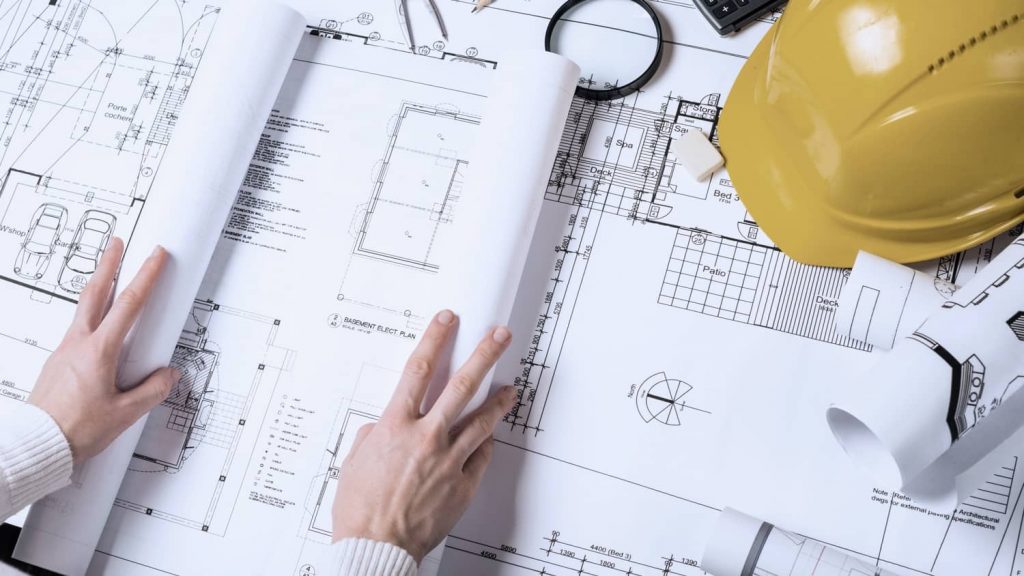If you think about succeeding in real estate, there is no role as big as one of a developer. The developer turns an idea into reality. Whether you choose to focus on residential or commercial development, it is a thrilling career.
A developer is like an orchestra conductor. His or her roles include:
- Envisioning the project.
- Underwriting a deal to make sure it is financially feasible.
- Raising equity from investors to finance the development.
- Working closely with brokers to secure the right piece of real estate.
- Borrowing money from lenders to finance construction.
- Hiring attorneys and making sure all the legalities of the transaction are covered.
- Overseeing architects and engineers as they work on planning the project.
- Overseeing a general contract who ultimately delivers the developer’s envisioned project.
- Working with brokers to lease up or sell the development.
There are a number of parties involved in every development project. This list is not exhaustive and includes:
- Developer
- Real estate broker – assists with land acquisition, leasing and disposition.
- Attorney – drafts the purchase and sale agreement, easements, leases, CC&R’s, and other legal documents.
- Inspector – investigates current and historical uses of a property, and presents its finding in a Phase I Environmental Site Assessment.
- Land surveyor – provides boundary surveys and legal description.
- Architects
- Master architect – designs the building and makes sure the contractor is building per architect’s plans.
- Landscape architect – ensures the property gets the right curb appeal.
- Engineers
- Geotechnical engineer – investigates the what is beneath the ground’s surface.
- Civil engineer – assesses raw land and infrastructure that supports the development, designs the infrastructure, including street, utilities, waste management, drainage and other systems.
- Electrical engineer – designs all electrical systems and components for the building and ensures its connectivity to local utilities.
- Structural engineer – typically assists in the early stages of development, by working with architects to ensure the building as designed will withstand the load.
- Mechanical engineer – designs the HVAC and plumbing systems for the building.
- General contractor – works side by side with the developer, architects, and engineers. GC oversees the vertical construction of the development by managing sub-contractors.
- Lenders – provide construction loans and permanent financing.
Disclaimer: The word “counsel” does not in any way purport to have a legal relationship. No information in this post or on this website should be construed as legal advice.
